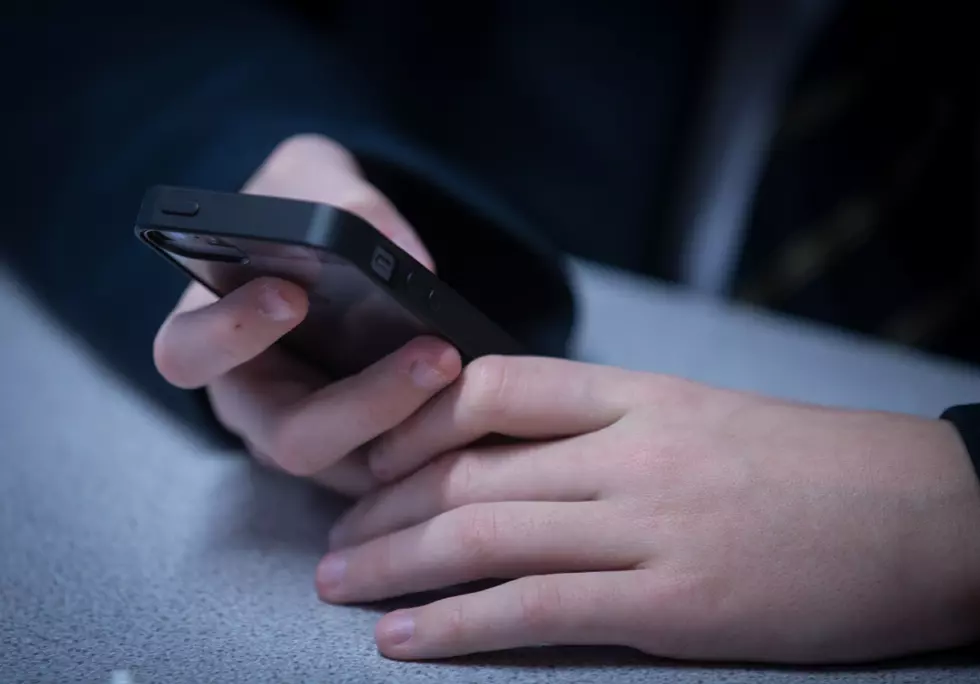
Dartmouth High Among Massachusetts Schools Banning Cell Phones in Classroom
Some Massachusetts schools, including Dartmouth High, are banning cell phones in the classroom, but not everyone is on board and they have their reasons.
Yes, in just a few weeks, the school year will kick off and parents, as well as teachers, have a lot to consider when it comes to what's best for their children's education.
Schools across the country are starting to crack down on cell phone use in the classroom and many are taking it the extra step and requiring students to hand over their cells phone before heading to class.

That will be the case at Dartmouth High starting this fall when students will be asked to put their cell phones away at the start of each class in what the school is calling a "cell hotel." Assistant Principal Ryan Shea unveiled the plan at the most recent School Committee meeting.
"Students check in and drop their phone in it" before class starts, he said, noting that students would still be reachable in the event of a family emergency and able to use their phones for specific learning tasks when authorized by teachers.
"Every time we get an alert, every time we get a text, every time we get a buzz, our eyes go off our learning, and that's the reason for the policy," Shea said.
The move is also designed to cut down on student anxiety about everything they do being recorded and shared by their peers, Shea added.
Cell phones have become a pretty major distraction. Let's face it. You are probably on one right now.
I reached out to a SouthCoast teacher to hear what she thought about cell phones.
"Bans don't work," local middle/high school teacher Kristy Dupuis said -- which I can believe, seeing as it's human nature to do what you are told you can't. "It’s more about setting expectations and management in the different school space."
In Dartmouth, students who break the new phone-free-classroom rule will be required to attend a five-minute "after-session" after the first offense, 30 minutes after the second offense and 60 minutes after the third offense. A fourth offense will prompt a parent meeting, Shea said.
I was happy to get a mom's perspective. Bethany Jay of Acushnet said: "My kids go to a school where cell phones are not allowed. And I love it."
I wish they didn't allow cell phones at work; it's been a serious distraction. So I'd agree with Jay to an extent.
Many people agree that cell phones have now become a tool for education as well, with a wealth of knowledge at our kids' fingertips.
It's tough to say what the right thing is to do here. I would love to hear your thoughts on this.
LOOK: Here are the pets banned in each state
Top 10 SouthCoast Public High Schools
See How School Cafeteria Meals Have Changed Over the Past 100 Years
More From WBSM-AM/AM 1420









